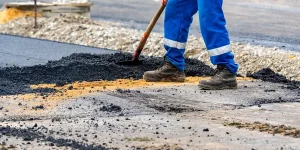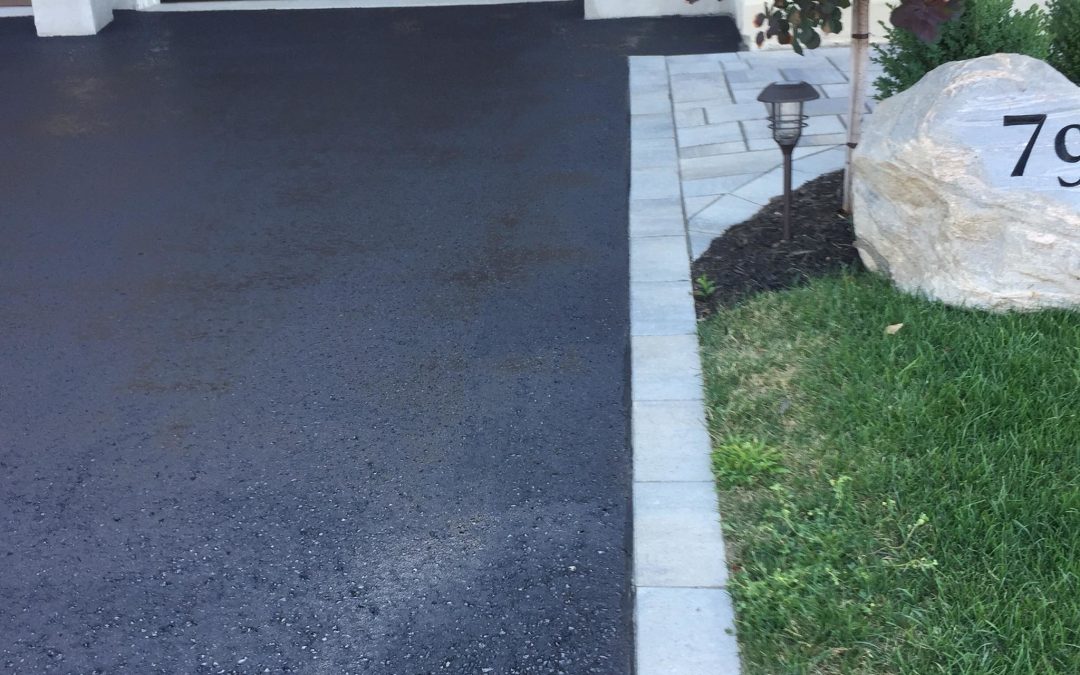Asphalt and concrete are two common materials used for driveways, each with its own set of advantages and disadvantages. While concrete is a popular choice for its durability and aesthetics, there are several reasons why asphalt can be considered a better driveway material in certain situations. Here are some key points to consider:
- Cost-effectiveness: Asphalt driveways are generally more cost-effective than concrete driveways. The installation cost of asphalt is typically lower, making it a more budget-friendly option. Additionally, asphalt is easier and less expensive to repair and maintain over time, as patching and resurfacing can be done more quickly and at a lower cost compared to concrete.
- Flexibility and durability: Asphalt is a flexible material that can withstand freeze-thaw cycles and minor ground movements without significant cracking. Its flexibility allows it to adapt to slight movements of the underlying soil, reducing the risk of cracks and damage. Concrete, on the other hand, is more rigid and prone to cracking under similar conditions.
- Weather resistance: Asphalt driveways are known for their excellent weather resistance. They can handle extreme temperatures, both hot and cold, without significant damage. Asphalt has the ability to expand and contract with temperature fluctuations, making it less susceptible to cracking compared to concrete, which can be more affected by temperature changes.
- Quick installation: Asphalt driveways can be installed relatively quickly compared to concrete driveways. The asphalt paving process involves heating the material, applying it to the prepared surface, and then compacting it. Once it cools and hardens, it is ready for use.
- Concrete driveways, on the other hand, require more time for curing and can take several days to become fully functional.Easy maintenance: Asphalt driveways are easier to maintain compared to concrete. Regular maintenance activities like sealing, patching, and crack repair can be performed efficiently, extending the lifespan of the driveway. The dark color of asphalt also helps to hide stains and minor imperfections, maintaining a more visually appealing appearance over time.
- Enhanced safety: Asphalt driveways offer better traction, especially in wet or snowy conditions. The textured surface of asphalt provides a better grip for vehicles and reduces the risk of accidents due to slipping. Concrete, on the other hand, can become slippery when wet, requiring additional measures such as texturing or applying anti-skid coatings.
- While asphalt does have its advantages, it’s important to note that the suitability of the material may depend on various factors such as climate, soil conditions, and personal preferences. Consulting with a professional contractor can help you determine the best driveway material based on your specific circumstances and requirements.


